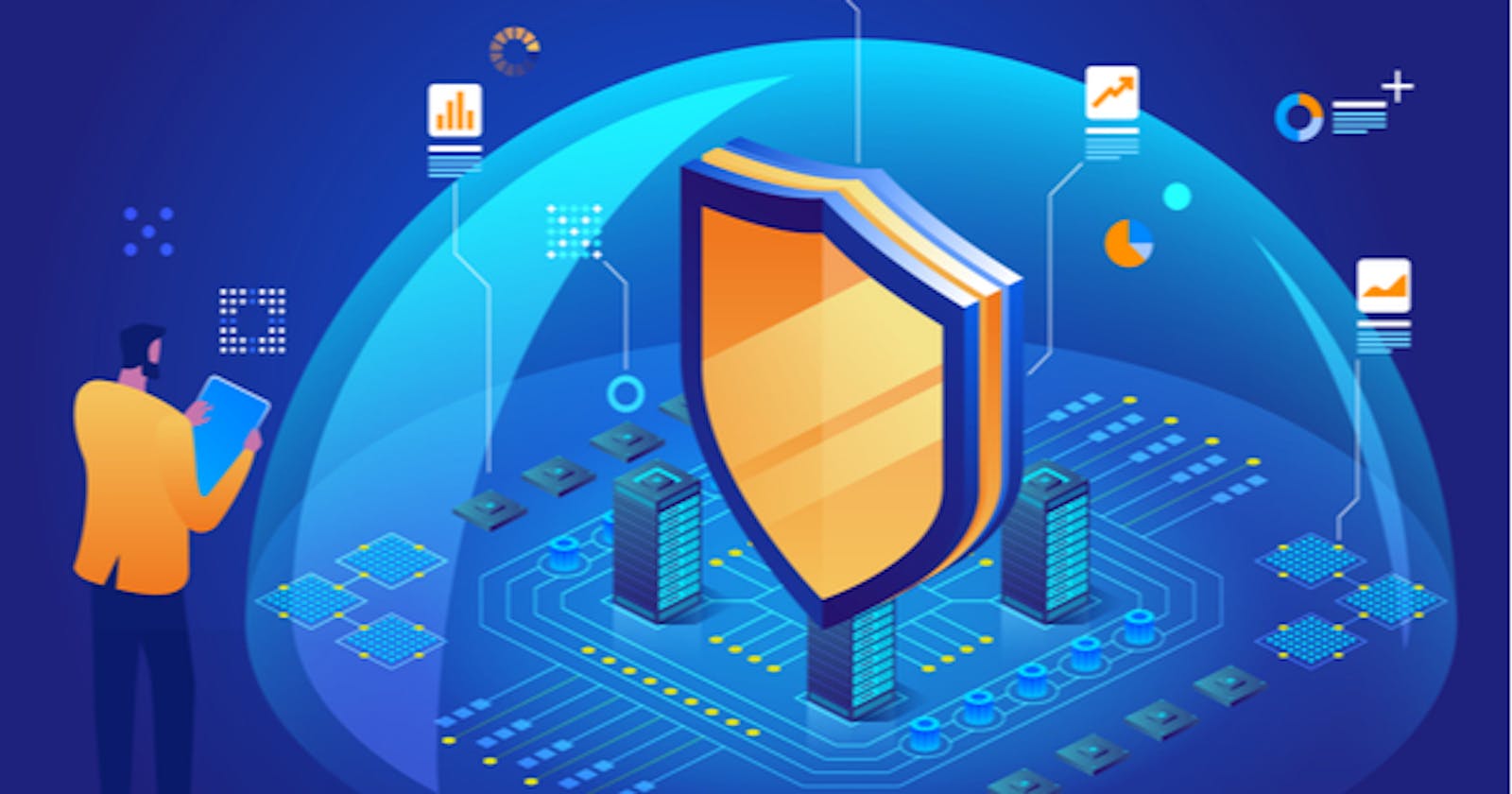Table of contents
Nowadays, if you get a brand-new laptop, there's a good chance that it might come with preinstalled antivirus software like McAfee.
I got a new laptop last week and it came with McAfee 30-day trial but I just uninstalled it because there's no need for an antivirus for me. It's just gonna slow down my PC and will collect personal data.
That's just my usage case but should you uninstall your antivirus software too? Let's dive into that topic today.
Benefits Of Antivirus Software
Now before bashing antiviruses, I'd like to give them a chance.
Antiviruses are a good way to protect your PC. Not everyone's tech savvy so these antiviruses take care of your security and ensure that your computer is safe from viruses.
Most antiviruses these days rely on daily updates to update themselves to deal with new malware which ensures that they're up to date about the existence of new threats and readily defend your PC
It All Sounds Helpful Right, Why Are You Bashing them?
The thing is, not all antiviruses are good. Some repeatedly give false positives, and some block software that's necessary for you and collect a ton of user data.
Some of them are pretty expensive but do a very bad job of protecting your PC. Some bombard your PC with unnecessary bloatware. Your PC that was once fast and clean would be slow because of the bloatware that comes with antiviruses.
So overall, while antiviruses can help protect your PC from threats, they can also ruin your day-to-day user experience.
So What Am I Supposed To Do?
See, most of the threats are avoidable if you know what you're doing but most people don't.
People download shady software, visit shady websites, use outdated operating systems and a lot of unsafe practices.
If you follow such practices, not even antivirus can save you. There's a saying that goes on the internet, "Common Sense is the best antivirus" and it's true. If you don't know what you're doing, maybe its time to learn about it.
Here are some common ways computers get infected and ways to avoid them:
Downloading or Using Shady Software/Games
I mean, everyone likes free stuff. Some people who aren't willing to spend money on digital purchases, like to go through the piracy method and get infected.
People should avoid doing that because nowadays even trustworthy sources are full of malware.
Not only piracy but there are also some 'free' alternatives to popular apps which are basically malware in disguise.
If you stop doing it, you will notice a dip in infections. Sometimes, paying is actually worth it and if you can't pay for it, use alternative free open-source software.
Visiting Shady Sites Without Proper Browser Extensions
Now this is gonna be very common.
These days, many shady sites are full of popups and adware and you'll get infected really quick so you need to use browser extensions like UBlock Origin to keep yourselves safe online.
Using Outdated Operating Systems
Windows 7 has reached its EOL and its been 3 years since that happened but still, many people are using it. Using such outdated operating systems will make you vulnerable to zero-day vulnerabilities and ransomware because your OS is just not updated to deal with the latest vulnerabilities.
So if you have an old PC that's running Windows 7 or Windows 8.1, just consider using Linux.
Will I Be Safe If I Follow These Practices?
Yes and No.
Following the above practices will reduce the chances of getting viruses but you still need an antivirus to get that complete protection.
Am I contradicting myself? Nope, not all antiviruses are reliable and some will slow down your PC.
So it's a good idea to use the good ones. Well, what are they?
The best one is built into your Windows 10/11 Machine for free, Windows Defender.
In my opinion, it's the best free antivirus software out there. You don't need to pay for anything nor need to manually update it everyday, it handles the security itself and it has better access to your OS when compared to other antiviruses so the security is even tighter.
Don't trust Windows Defender? Then there are paid alternatives like Malwarebytes Premium and ESET NOD32 Antivirus
They're the best-paid antivirus software that you can get your hands on.
Avoid free antivirus software like Avast because they're basically the malware here and will slow your PC down to death.
Conclusion
Yes, you do need to have an antivirus software to keep your PC safe but you also need to support it by following the basic safety practices to further strengthen your security.
Consider using Windows Defender if you don't want to pay for extra antivirus software.
